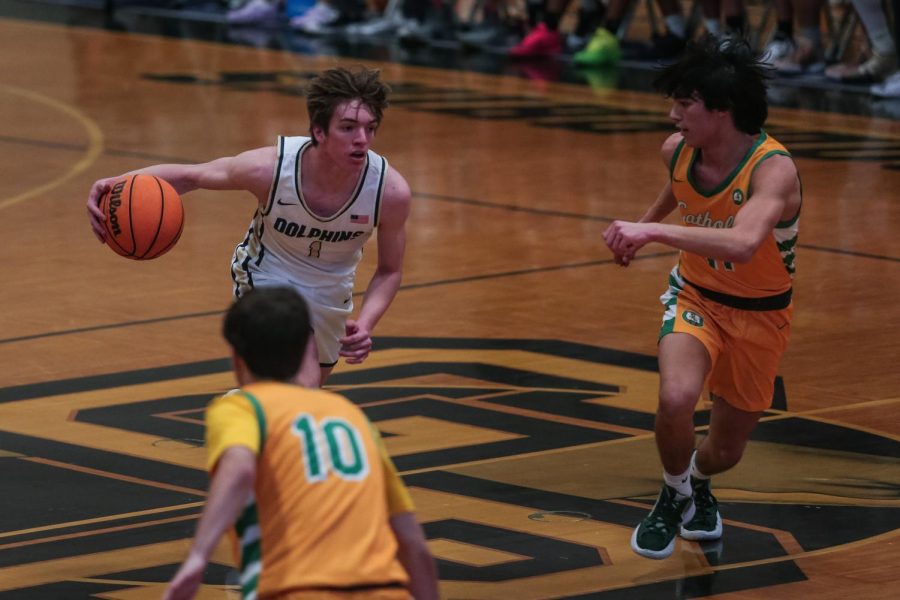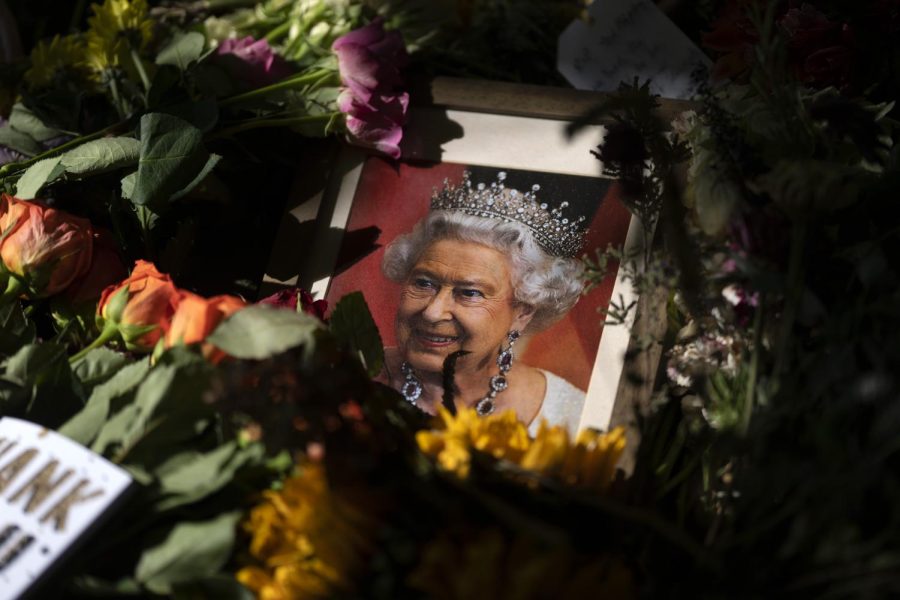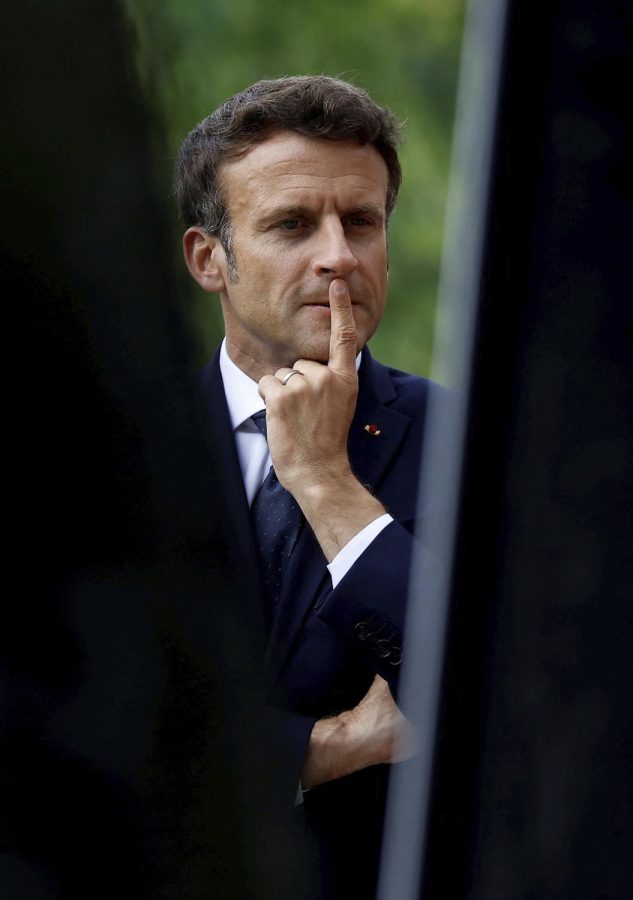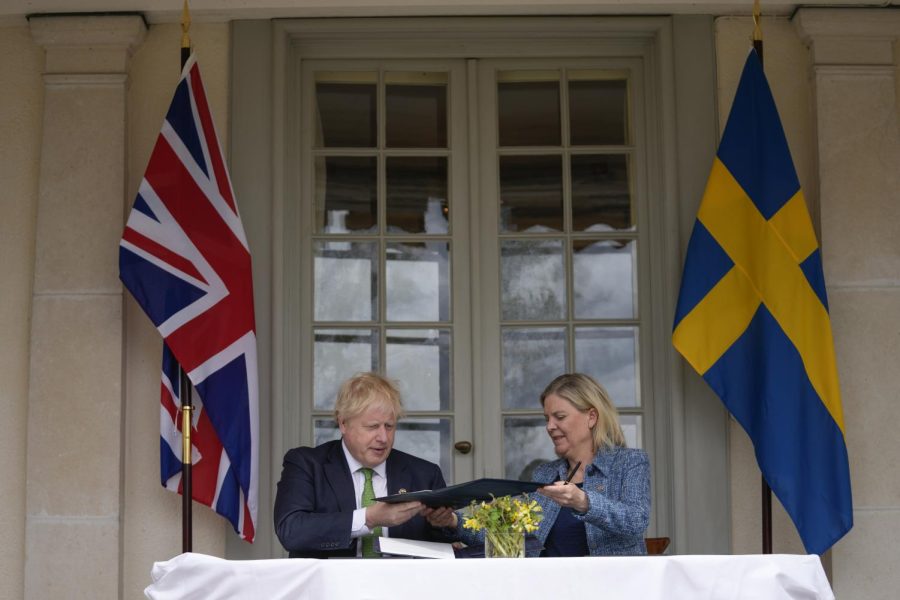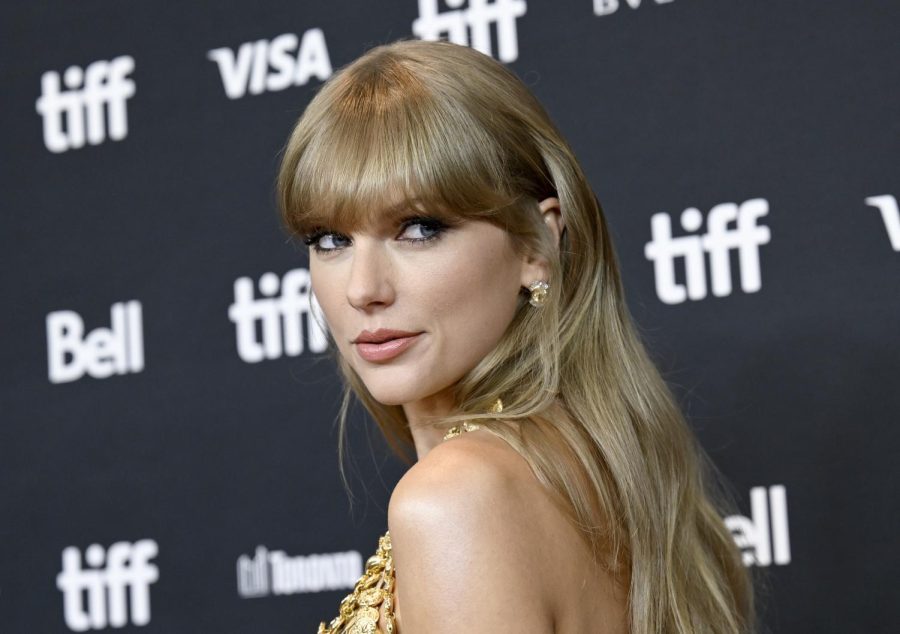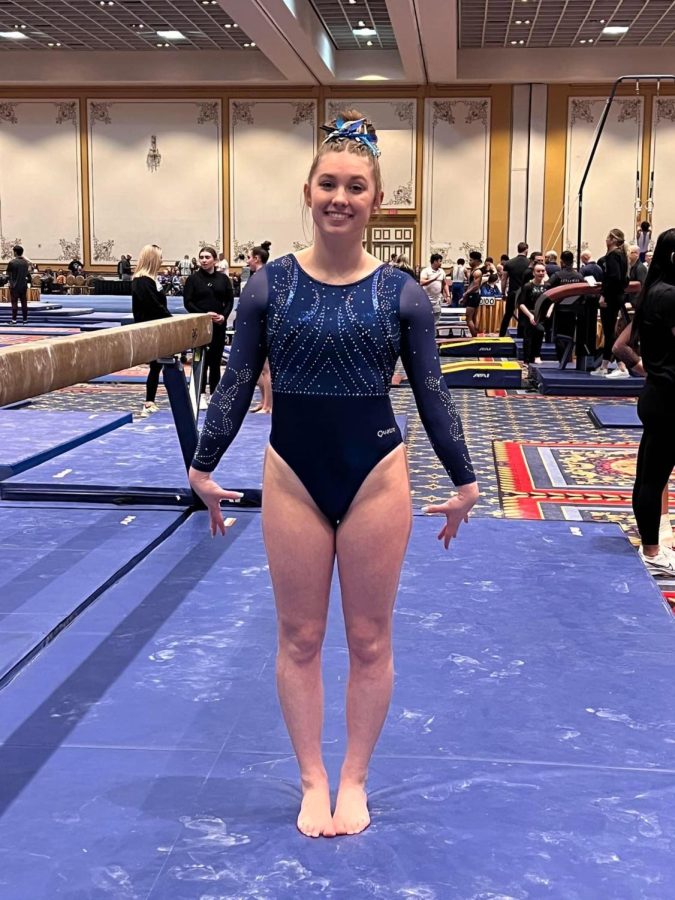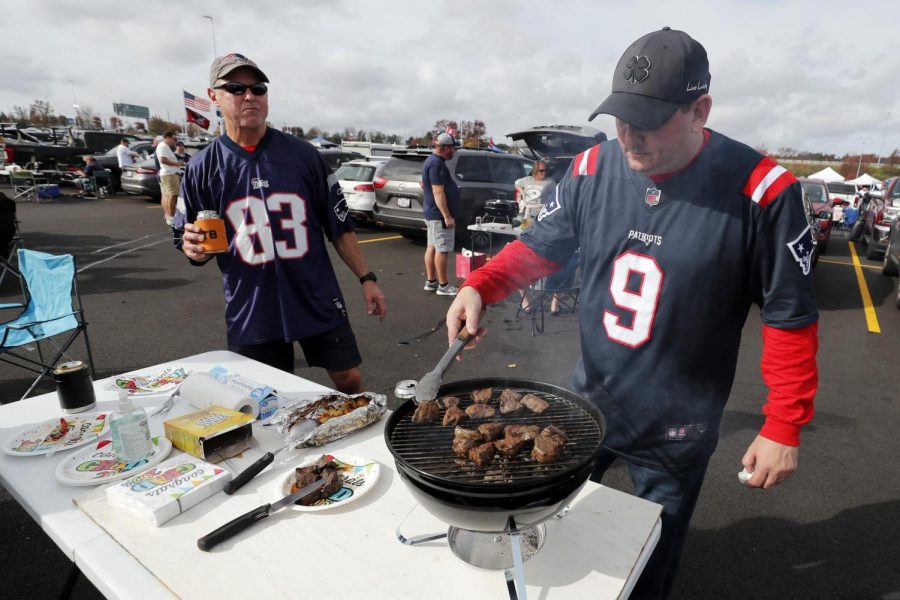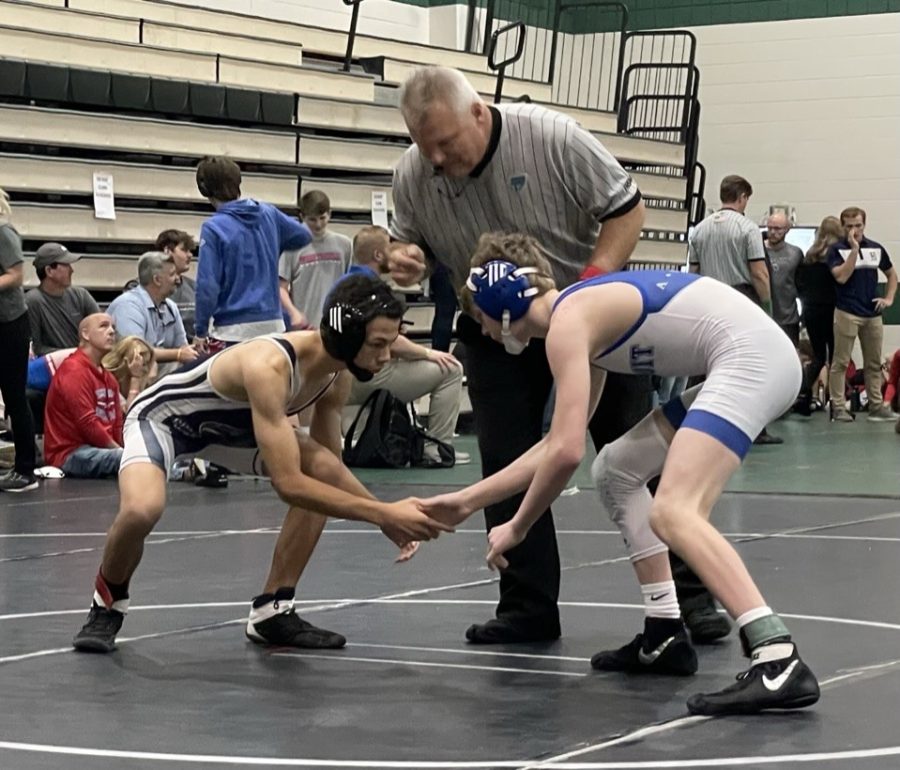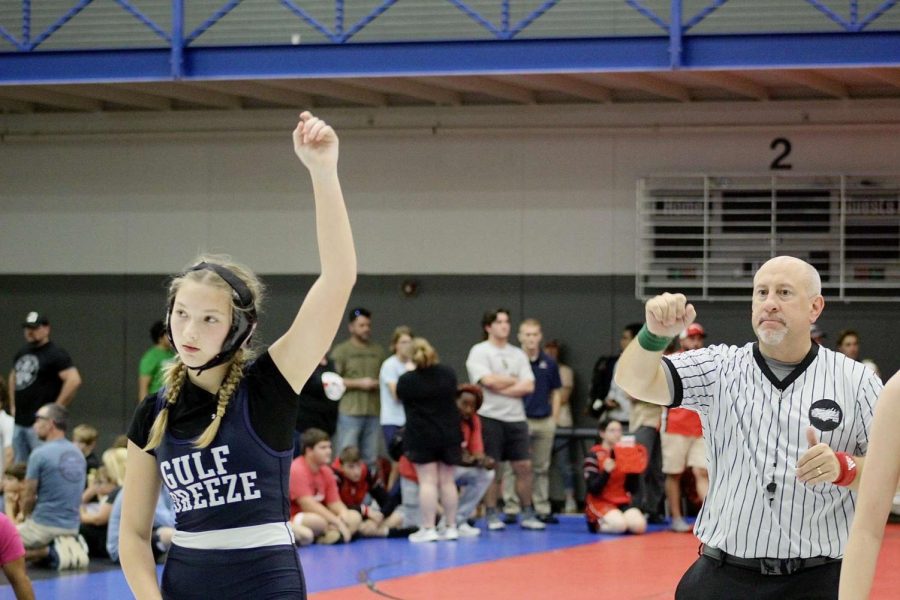The Revolution Will Not Be Televised: The Breeze’s Broadcast Ban pt. 1
September 12, 2019
WYATT SISE
OPINION EDITOR
Football is America’s pastime. Television is America’s drug. Whenever the two may meet (which happens to be virtually 24/7), they combine to create an enthralling spectacle for our couch-ridden society. According to the NFL, regular season pro football games consistently pull in an average of 16 million viewers. In 2019, almost 100 million people tuned in for the Super Bowl. College football games garner a healthy share of attention as well; the 2019 CFP championship topped out at nearly 27 million views, and ABC’s Saturday Night College Football program consistently averages out at roughly 5 million per game. Even high-school football programs seem to be getting into the television mix. According to Mark Koba of CNBC, “Broadcasting rights and money [for high school football] are also expanding. [In 2011], the New York City public school system negotiated a two-year, $500,000 contract with the MSG Varsity Network to broadcast all types of high school athletic events. And the California Interscholastic Federation… signed a 15-year deal with Time Warner Cable to broadcast high school football playoff games, for $8.5 million”.
After reading these figures about the incredibly popular– not to mention lucrative –nature of football broadcasting, one might ask, “How many TV viewers watch Gulf Breeze football games?”
The answer, as of this year, is zero. GBHS won’t be televising a single game of the 2019-2020 season.
According to the Gulf Breeze News, Athletic Director Matt Alt publicized the decision last week. In a letter to GB News Sports Editor Jason Thompson, Alt explained that the Florida High School Athletic Association hands over the rights of high school football game broadcasts to individual schools each season. “Those rights include, but are not limited to, restricting the rebroadcast of any types of films, videos or other images, which result in revenue from advertisements. The films or videos may only be used for personal viewing and for no commercial purposes. As such, GBHS will retain sole aforementioned rights.”
Already, community members have pushed back against this policy. Comments on the GB News facebook page are quick to point out potential downfalls of this policy, citing the revenue and scholarship exposure brought to schools by broadcast deals. However, this new turn of events raises a more poignant question: If local news broadcasters won’t be covering our sports, then who will?
As is the case with every development in our world, there are two sides to this story. In the next issue of the Blue & Gold, I’ll be sitting down with Athletic Director Alt himself, so we can finally get down to the purpose of this policy. Stay tuned– literally.

